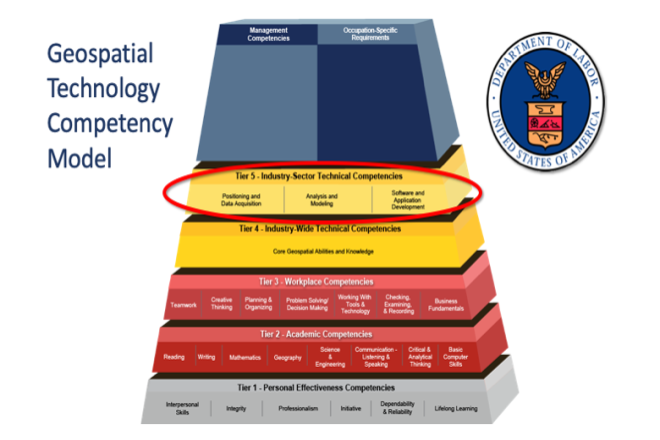Making Maps that Matter with GIS
Resource Description
This open courseware consists of eight videos from the gateway course to Penn State's Certificate and Masters degree programs in GIS. Following an introduction entitled “Why GIS Matters," six case studies correspond to the three sectors of the U.S. Department of Labor’s Geospatial Technology Industry: 1. Positioning and Data Acquisition (“GIS and the Eradication of Polio in Nigeria” and "A Global Geodetic Reference Frame for Sustainable Development”) 2. Analysis and Modeling (“Everyday Spatial Analysis” and “A National Water Model for Flood Prediction and Response”) 3. Software and App Development (“Rediscovering GIS” and “Building a Web GIS Business) The concluding video "Will GIS Matter in the Internet of Things?” considers the future of GIS technology and prospects for GIS people. Making Maps that Matter with GIS Video Playlist Learn moreWriting Personal Statements Online

Credit: Pexels by Retha Ferguson is Public Domain
Resource Description
For students, personal statements and application essays are among the most difficult and most important documents they will ever write. They are difficult because they require both introspection and polish, and important because the writer may literally be competing for tens of thousands of dollars in a huge field of outstanding candidates. A writing tutor who has provided guidance on more than a thousand graduate applications, Joe Schall advises you on how to be competitive but not cocky, informed but not formulaic, openly creative yet professional. As you consider ways to write your way into your future, count on this website to help you grow and thrive in the process.
Learn moreWriting Recommendation Letters Online

Credit: Unsplash by Glenn Carstens-Peters is Public Domain
Resource Description
Building on the foundation laid by the popular earlier print editions of his faculty handbook on writing recommendation letters, Joe Schall digs deeper in this new online edition, addressing issues ranging from the ethical considerations faculty wrestle with when writing letters to the new challenges posed by the information age. Citing sources ranging from The Chronicle of Higher Education to refereed journal articles to excerpts from listserv discussions among scholarship directors, this handbook advises faculty on the best practices when writing letters for students, as well as informs writers about nine of the nation’s top scholarships and the detail that selectors crave in winning scholarship reference letters.
Learn more
